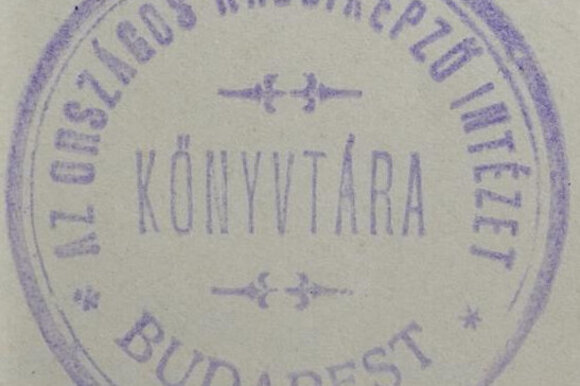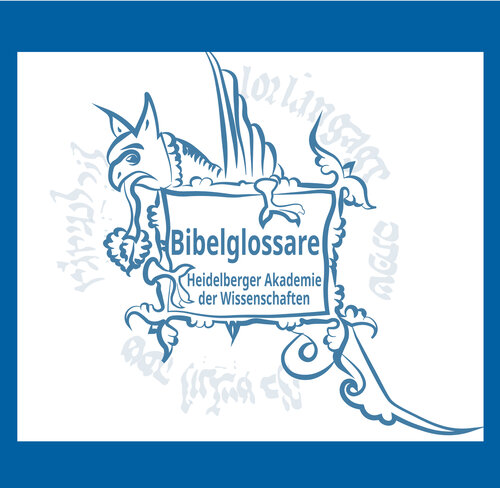New framework agreement with Winter Verlag
The university is taking a further step towards Open Access: a new framework agreement has been concluded with Winter Verlag, which stipulates that all future volumes of the long-established HfJS publication series will be published under a Creative Commons license and in Open Access (OA Gold). The publisher will provide a modern online platform where researchers and interested parties can read and download the works free of charge. The visibility of the publications is also improved through a variety of measures such as integration into social media, indexing in academic databases and open access directories, as well as integration into library catalogs and e-distribution to libraries. Printed editions will continue to be available.
A special milestone: the retro-digitization of the already published volumes is funded by the Ilse Blank-Mezger-Hesselberger Foundation from Munich. The foundation, which was established in 2023, is based on the wishes and estate of Mrs. Ilse Blank and is committed to the promotion of art and science as well as research into Jewish life - especially in Munich and Bavaria. With her commitment, she enables the scientific work of past decades to be made digitally accessible to a broad public.
"The support of the Blank Foundation is a significant gain for us: we can digitally preserve the results of years of research and make them available worldwide for future generations," emphasizes Rector Dr. Andreas Brämer.
The foundation is particularly committed to promoting art and the historical reappraisal of German-Jewish history, with a central concern being to learn lessons from the past, shed light on anti-Semitism and make a contribution to an open society.
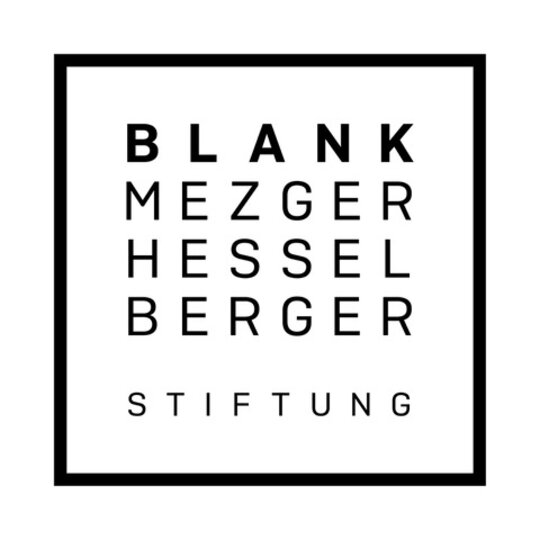
-
Date 19 September 2025
-
Time 09:13 UTC+02:00
-
Participation
-
Language
-
Contact
-
Location
-
Registration? No

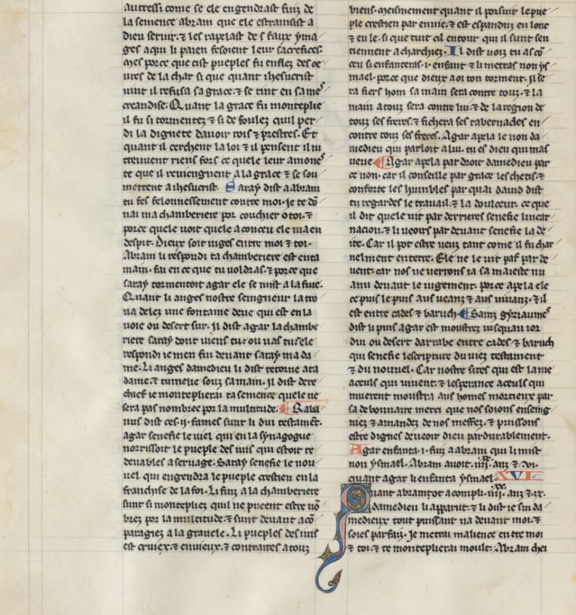
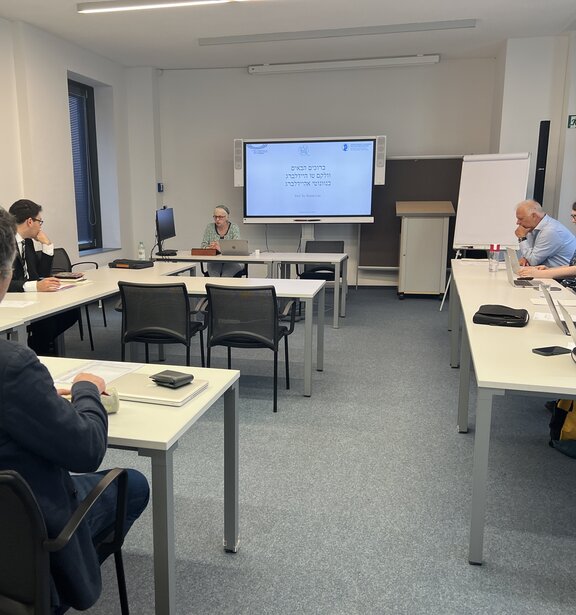


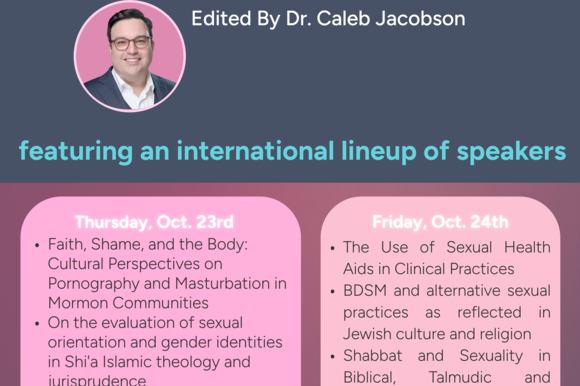



![[Übersetzen nach: English] [Übersetzen nach: English]](/fileadmin/_processed_/b/d/csm_Jom_Kippur_2025_0e84c8661c.png)
